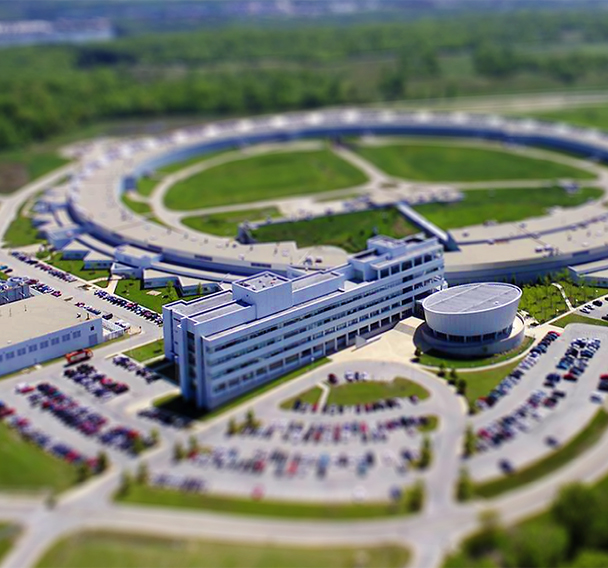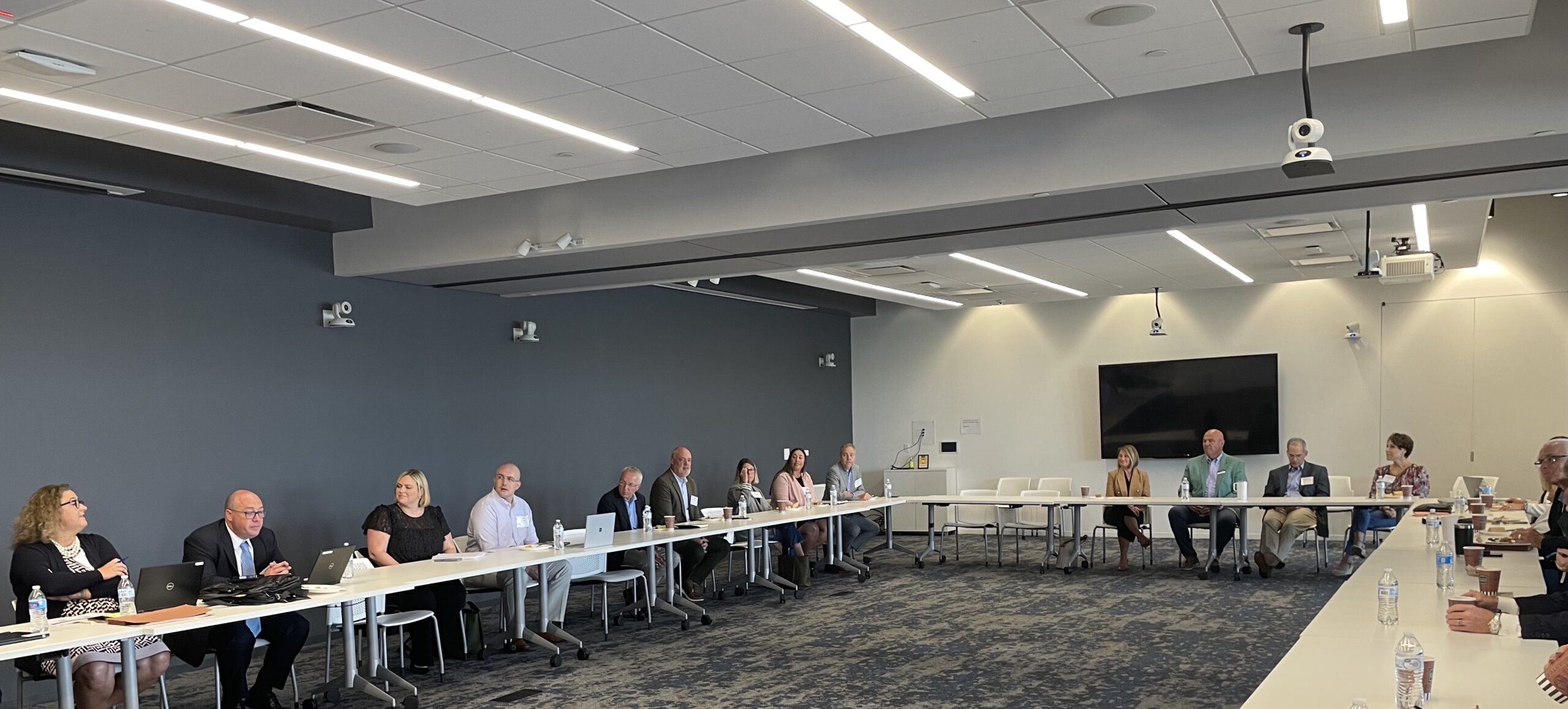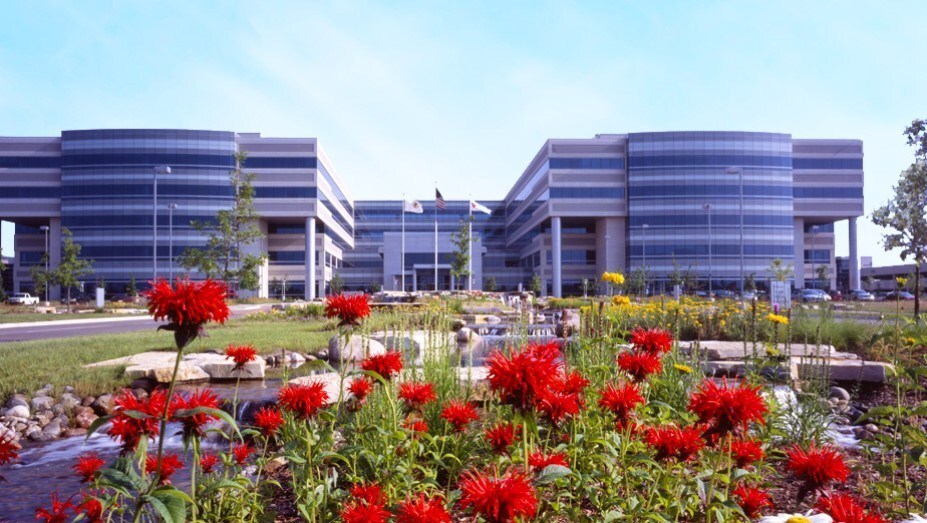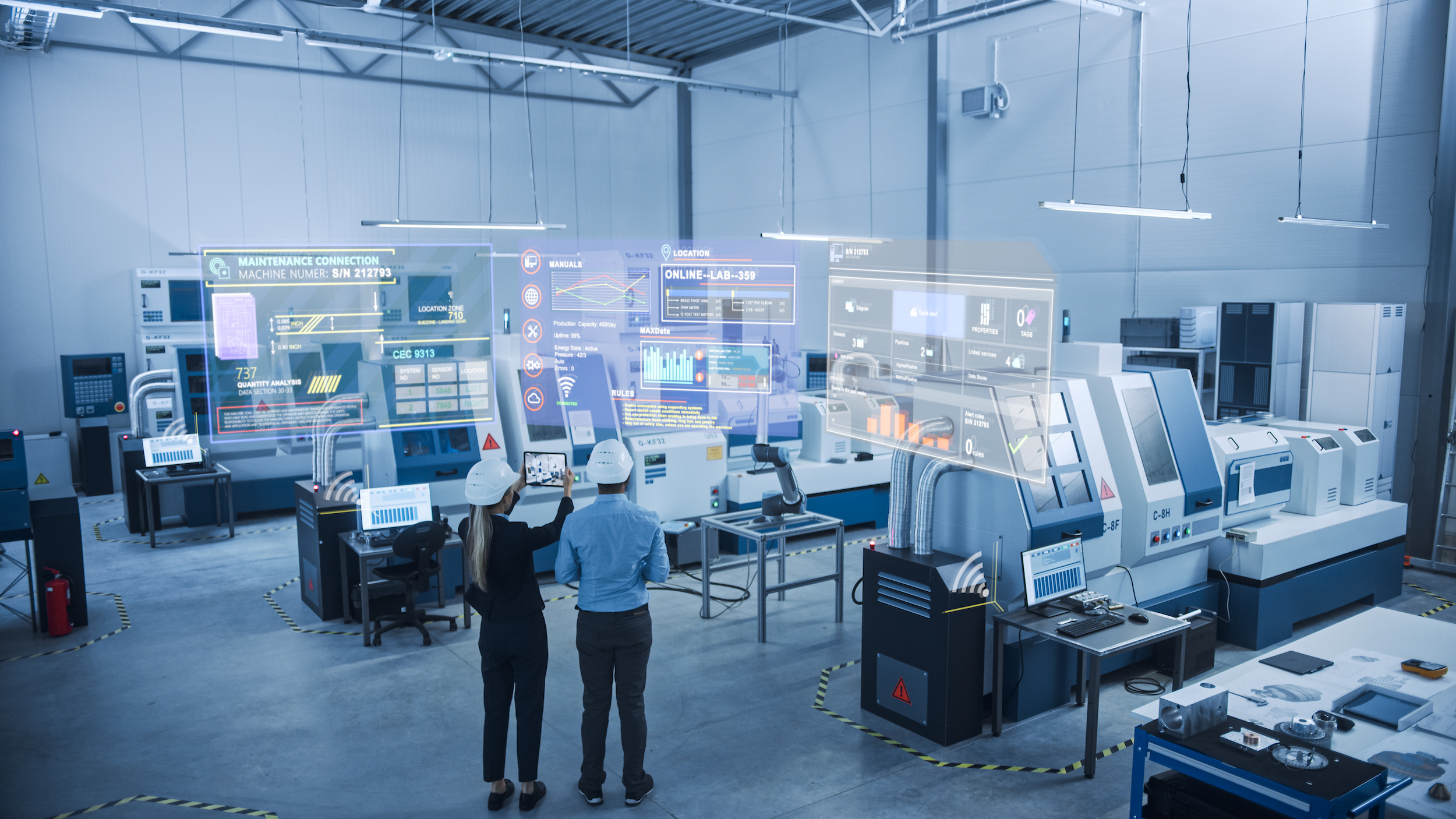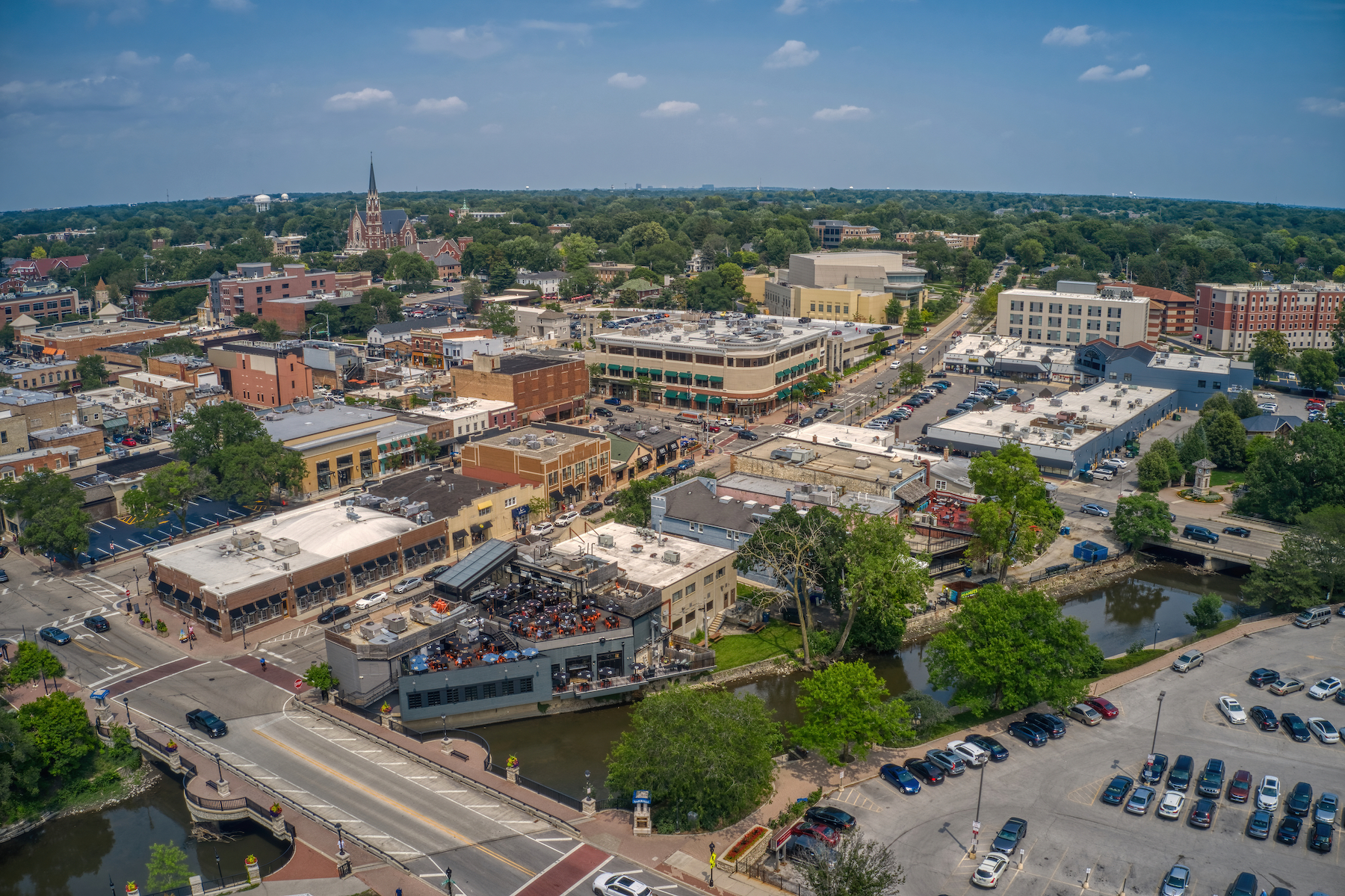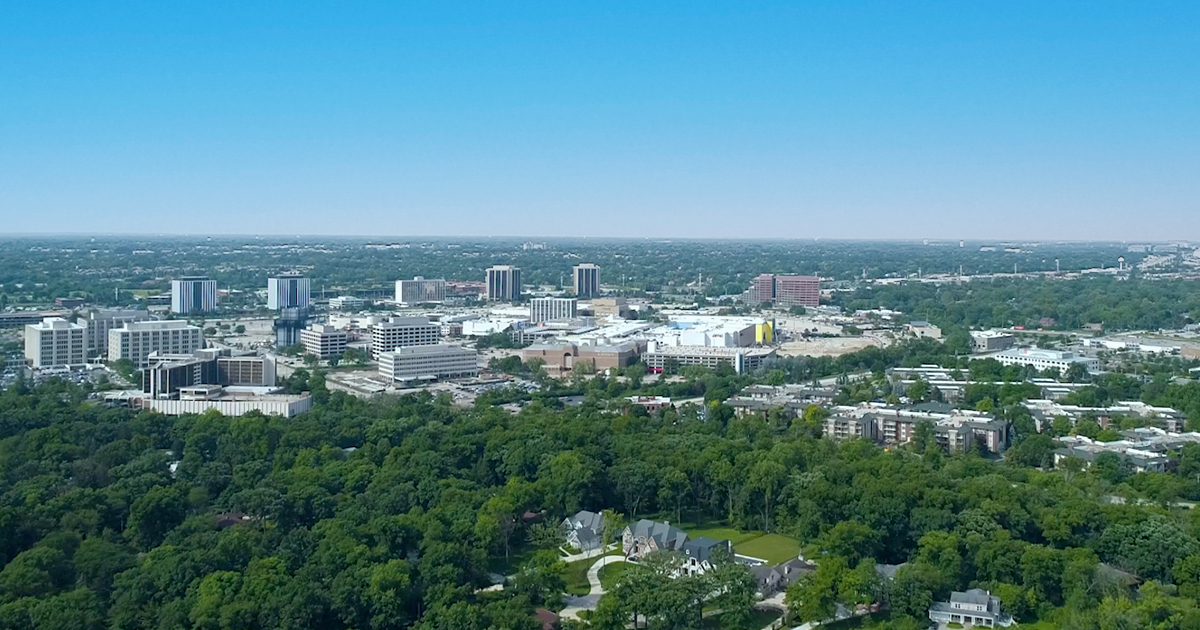The Chicagoland region stands on the precipice of becoming a global center for quantum technologies, suggests a report released today by World Business Chicago. The transformative impact of quantum technology is expected to outpace current computational capabilities and revolutionize sectors like automotive, finance, life sciences, and beyond.
Read more in World Business Chicago’s Chicago Business Bulletin, “Chicagoland’s Quantum Ecosystem” published in partnership with the Chicago Quantum Exchange and P33 Chicago.
“The motivation behind this report was understanding that quantum, often likened to science fiction, is very real,” expressed Robin Ficke, SVP, Research, World Business Chicago. ” Though quantum applications are still nascent, the strides made by local scientists and innovators are turning heads in the investment and corporate sectors. This report illuminates the region’s opportunity to lead quantum technology’s future.
The Research Center at World Business Chicago delves deeply into the strengths, weaknesses, and opportunities of both established and emergent industries. Today’s quantum ecosystem report provides an unbiased glimpse into the region’s quantum tech landscape and its broader implications in the U.S. and world.
“We join Governor Pritzker and other key stakeholders, in a commitment to see Illinois and the Chicagoland region become a global quantum hub,” said Michael Fassnacht, President & CEO, World Business Chicago. “Given our diversified economy, industrial stronghold, top-tier education system, vibrant startup culture, and strong pipeline of leading researchers, scientists and engineers, we’re not just embracing the quantum shift—we are leading it.”
“Quantum technologies have the potential to transform everyday life across multiple sectors, and the Midwest region is poised to become the heart of the nation’s quantum economy, thanks in large part to the deep cross-sector partnerships we have cultivated here,” said David Awschalom, Liew Family Professor of Molecular Engineering at the University of Chicago and Director of the Chicago Quantum Exchange. “Collaboration among academia, industry, and government labs have attracted substantial investment to the region and contribute to the strong quantum ecosystem reflected in this report.”
World Business Chicago’s Quantum Ecosystem report highlights increasing investments in the region’s quantum ecosystem, why the Chicagoland region is one of the top three best-positioned in the U.S. for supplying the quantum workforce of the future, details of Illinois’ status as a frontrunner in active quantum patents, leading all Midwestern states; and other reasons why the region is a magnet for quantum startups, companies, and leaders of industry. Other findings include:
- Billions in Quantum’s Wake – Quantum startups globally have attracted an impressive $9.8 billion since 2020, a leap from the prior $1.4 billion over 2014-2019. Illinois has captured $33.2 million since 2017, solidifying its lead for quantum ventures, particularly those focused on software. This can be seen not only in the data but in the personal stories of researchers, startup founders and students who have come to the region for the richness of the quantum ecosystem. Six of those stories are detailed today in a report out by the Chicago Quantum Exchange, including those of three startups that have attracted millions of dollars in public and private investment: EeroQ, which moved its headquarters to Chicago in 2022; Super.tech, a University of Chicago spin-out was acquired in 2022 by Infleqtion (formerly ColdQuanta); and Quantopticon, which is in the process of moving its headquarters to Chicago.
- Chicagoland: A Quantum Magnet – The region’s quantum ecosystem is more than its startups. Over 40 Fortune 500 companies, leading universities, research labs, and incubators also populate the region. This synergy of tech behemoths, academia, research, and innovative startups positions Chicagoland as a dominant quantum hub.
- Educational Epicenter – Including nearby quantum centers in Urbana–Champaign and Madison, Wisconsin, the Midwest region is the nation’s third-largest quantum education hub. The Chicagoland region is second in spinning out the most quantum-focused doctoral graduates.
Looking Ahead
Illinois, and the Chicagoland region, is on the precipice of becoming a global hub for quantum development. Today scientists are actively experimenting on ways to increase computer speed, improve cryptography, curate new ways to detect diseases, and more.
“Quantum is ours to win. Every dollar invested, every research paper published, and every startup incubated brings us closer to seeing Illinois and the Chicagoland region a global epicenter of quantum technology,” said Brad Henderson, CEO, P33 Chicago.
SOURCE: World Business Chicago
Chicagoland’s Quantum Ecosystem, Executive Summary
Chicago is not Silicon Valley: our uniqueness lies in fostering a distinct and diverse technological ecosystem, where the collective business community carves out its own path to innovation. Chicago’s advantage lies in its diverse range of industries, which span finance, healthcare, manufacturing, and more. This diversity allows for cross-pollination of ideas, especially as quantum companies collaborate with various industry sectors, leading to innovative solutions that cater to specific, real-world challenges. Chicago’s rare environment enables rapid commercialization and practical application of quantum technologies.
In this issue of the Chicago Business Bulletin, the World Business Chicago Research Center will illustrate Chicagoland’s advantages in the quantum industry across a number of metrics, including its diverse industrial base, but also academic and research institutions, private and public investments, and intellectual property production.
Key Findings:
- Chicago’s diverse industry base creates a wealth of real-world challenges and applications for quantum companies to address. Chicago is one of the top metro areas in the US for industries — like high tech, IT-producing, and IT-using industries — that most often acquire new technology as part of their innovation strategies.
- Within the US, the broader Chicago region (including the Chicago, Urbana-Champaign, and Madison, Wisconsin metro areas) has the third highest number of universities engaged in quantum research activities. With respect to actual academic programs, this region has the third most universities with quantum-related academic program completions.
- Global investment in quantum startups has increased dramatically since 2020; Illinois is a leader in US-based investments. Illinois has the second most deals made by quantum startups after California. Investment in Illinois and Midwestern quantum startups is more likely to be captured by software-focused firms, compared to hardware-focused firms.
- Illinois has a diverse, well-balanced distribution of quantum patents across sub-niches, especially compared to other high-performing states with significant quantum presences. Notably, 47.8% of Illinois’ quantum patents fall under quantum devices, while 14.5% are in quantum optics and quantum information processing. In contrast, California — the largest quantum patent producer — has over 70% of its patents in quantum devices and only 5% in quantum optics and quantum information processing.
Fact Sheet
- Chicagoland offers more than 40 quantum-related corporate, government, academic, and non-profit partners.
- The Chicago metro area’s high tech industry is poised to grow by 15% between 2022 and 2026.
- Chicago Quantum Exchange partner universities rank second in the nation for number of quantum related Ph.D. graduates.
- Illinois quantum startups have raised $33.2 million through 27 deals.
- With 1,273 active quantum patents, Illinois ranks fifth in the nation.



